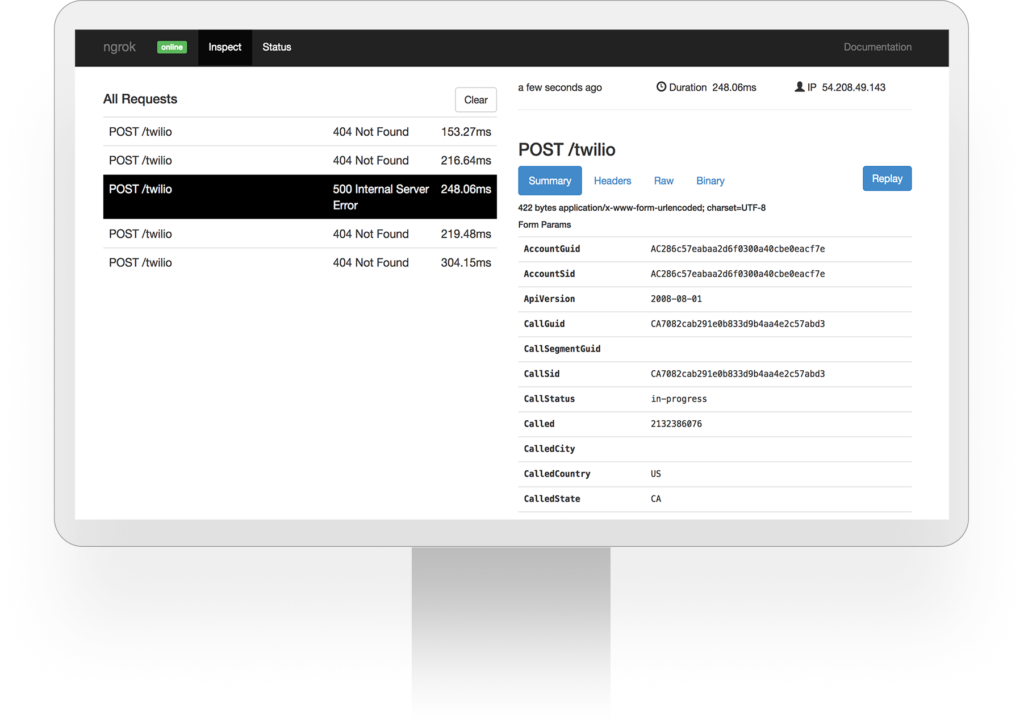Develop locally, test on web
Ngrok exposes local servers behind NATs and firewalls to the public internet over secure tunnels. It’s a very useful tool, when you are developing on your PC and you need to expose your service on the web. It works on http and https. Official site






Recent Comments